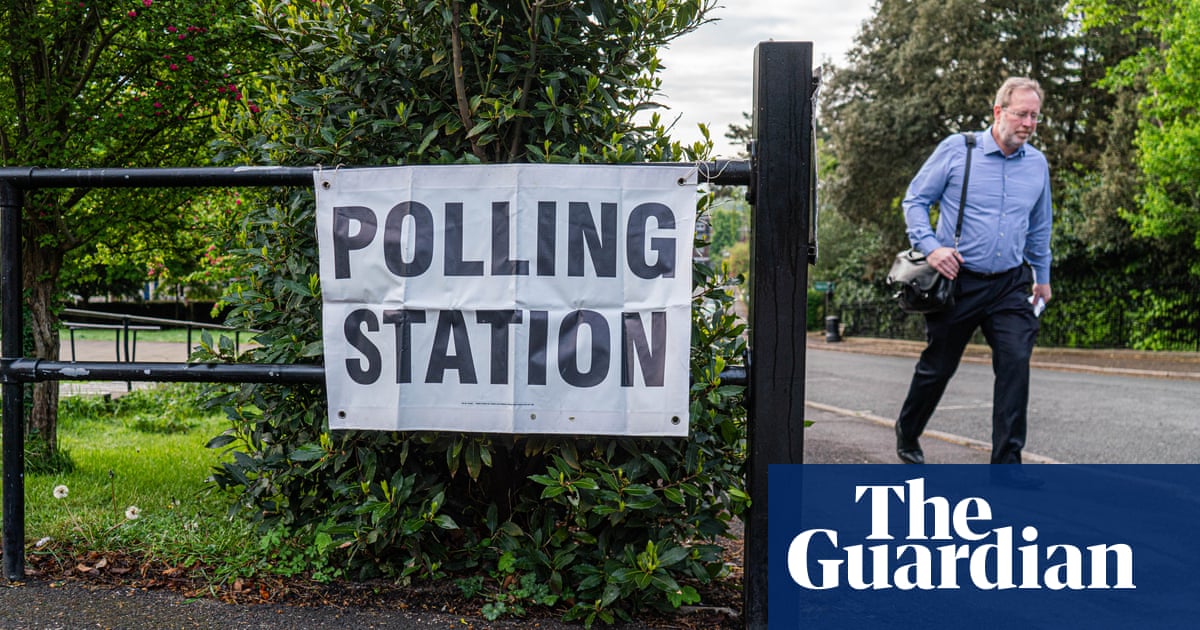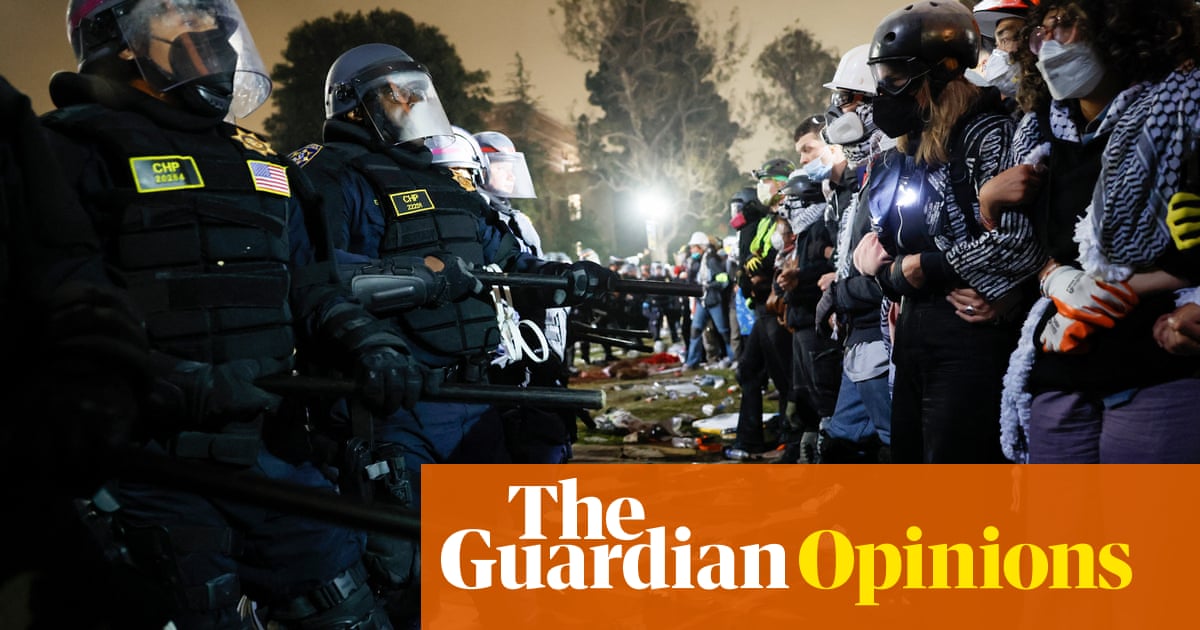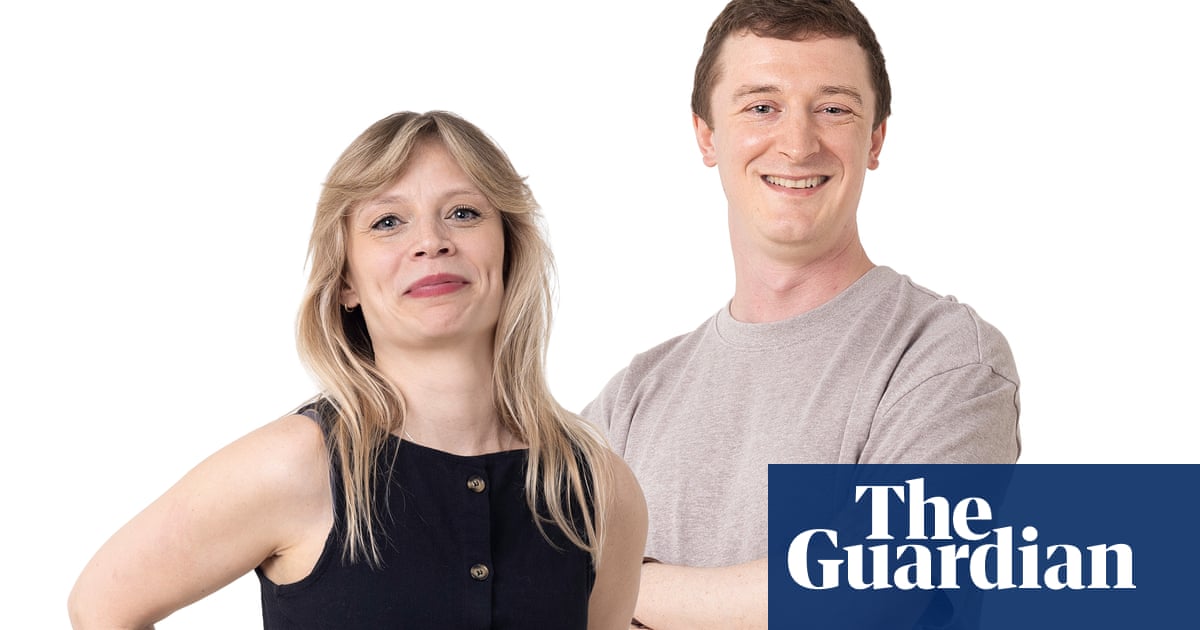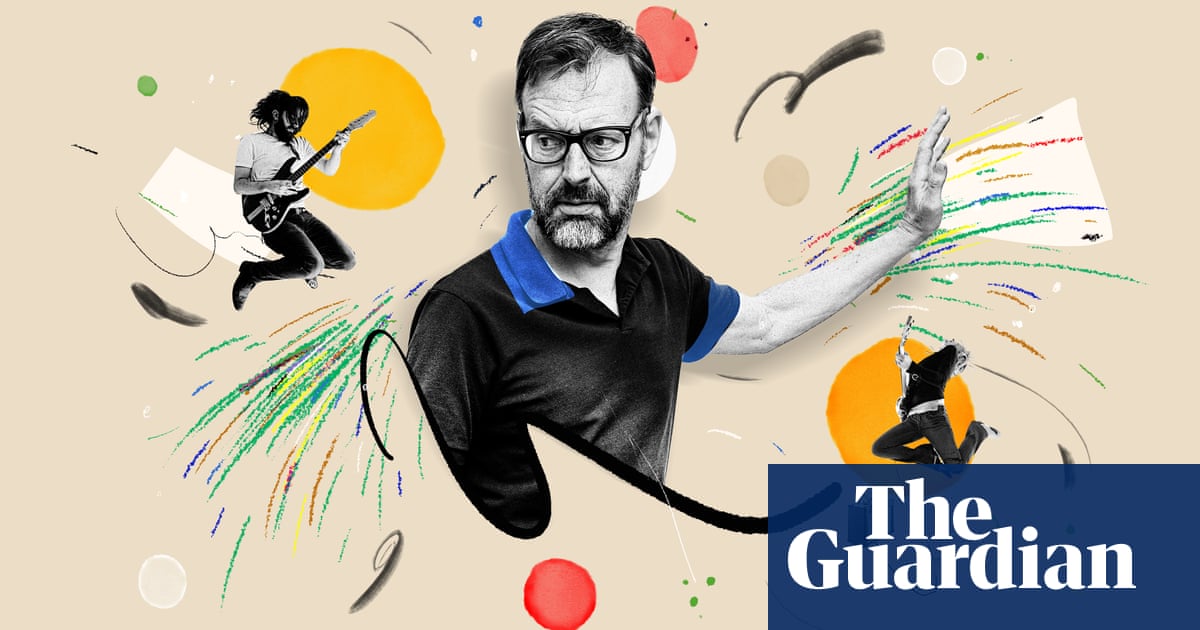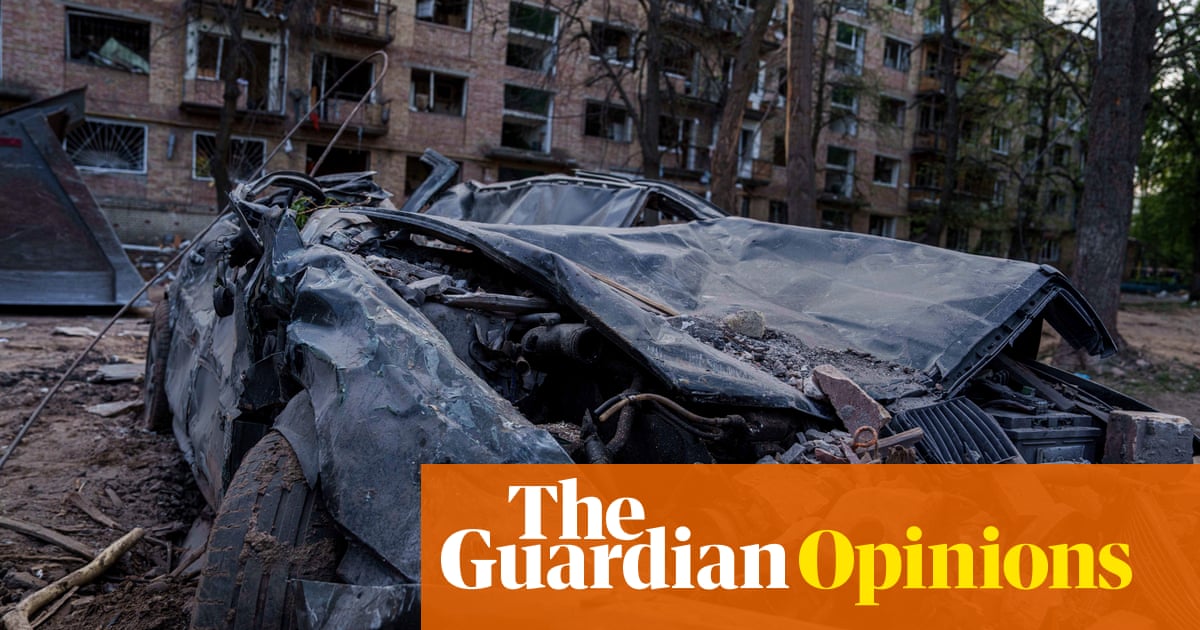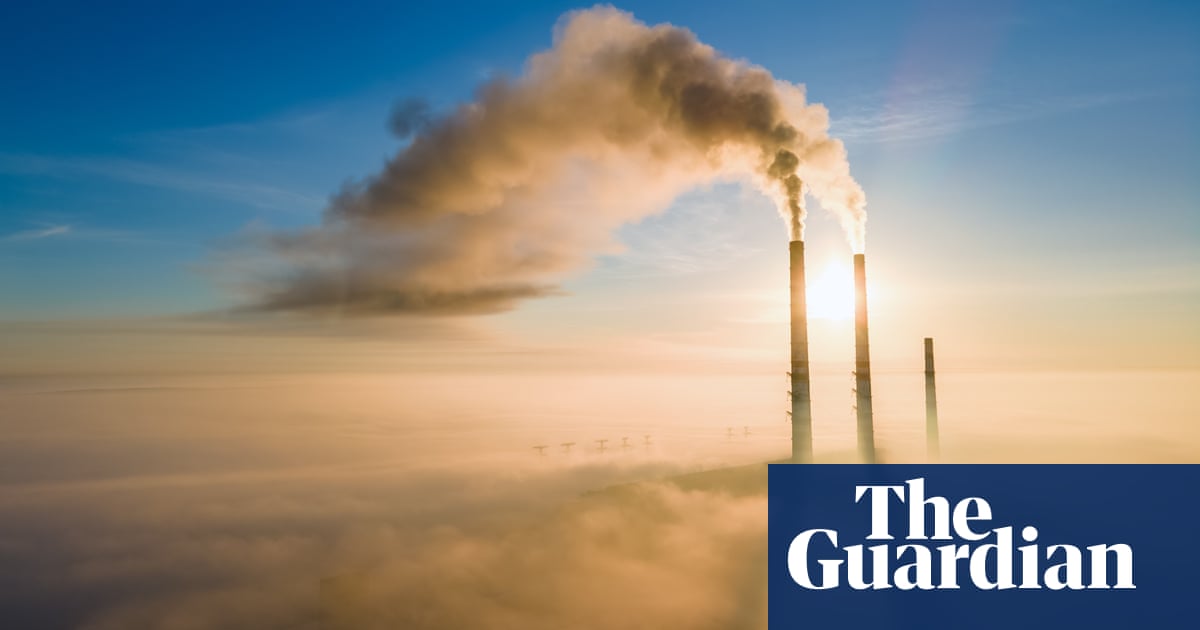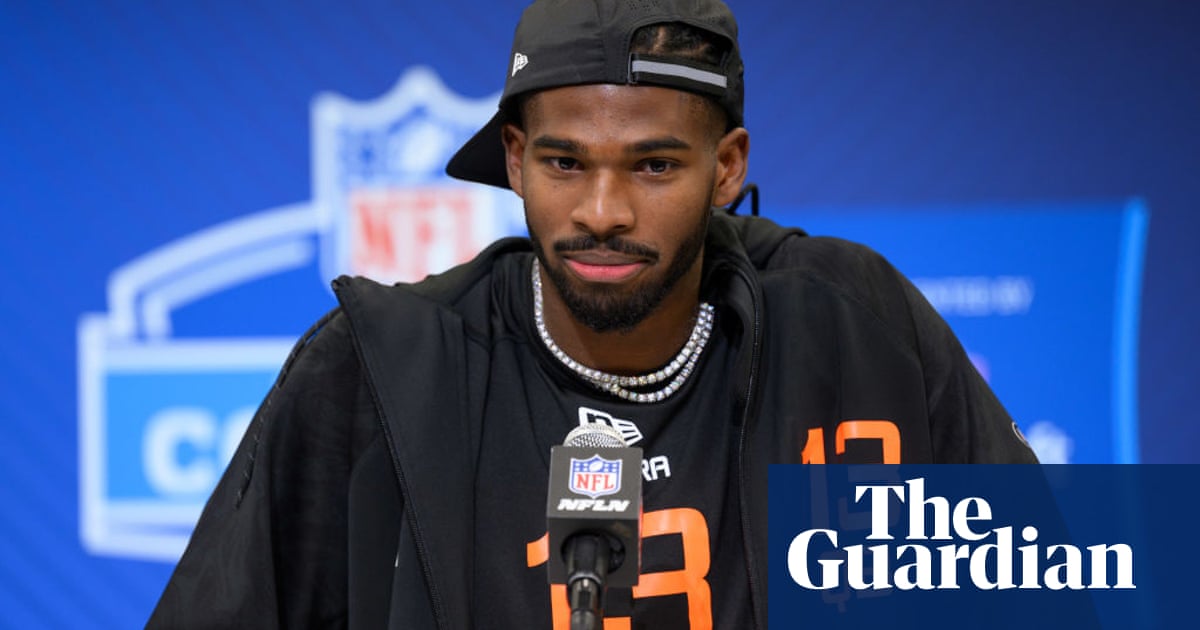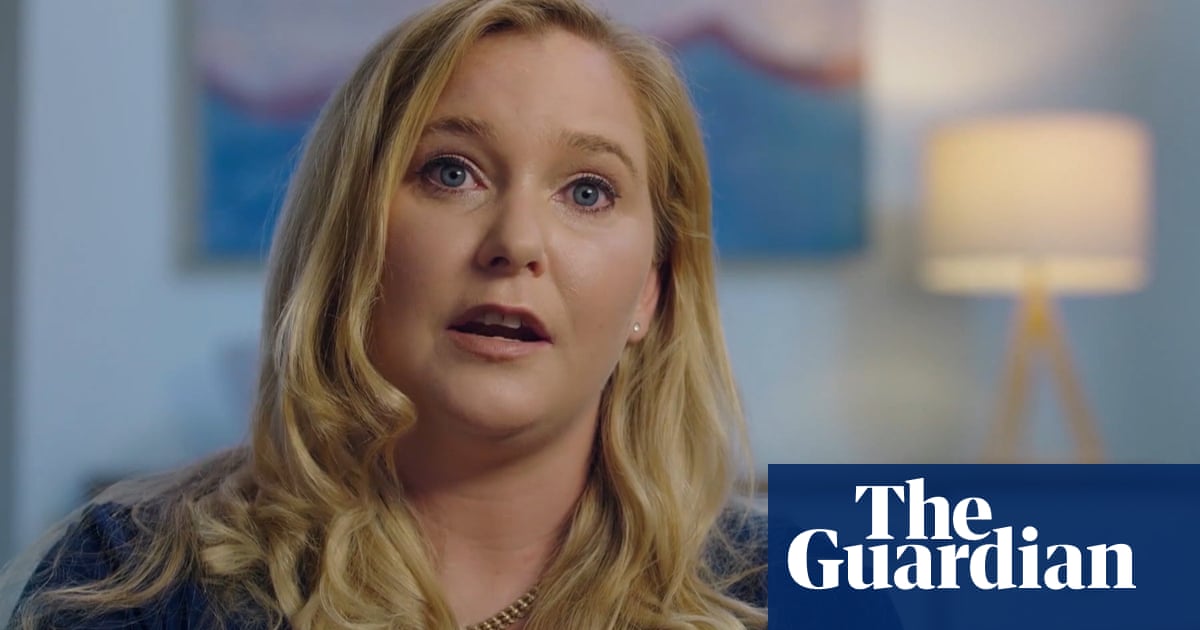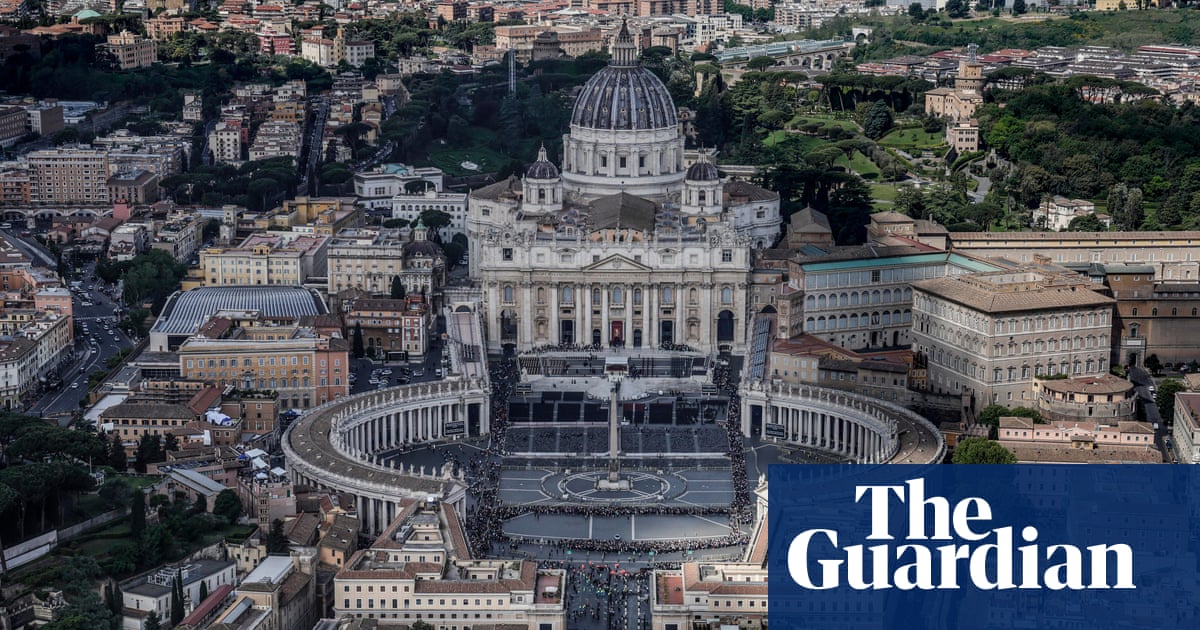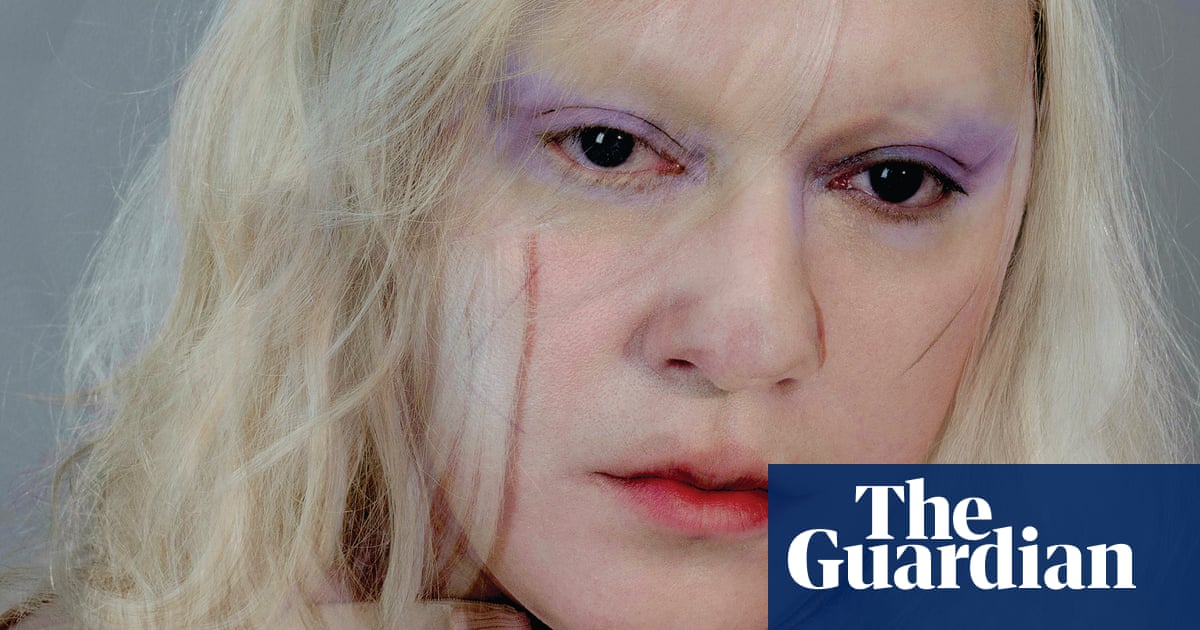Dressed in a purple and turquoise seashell bra and an iridescent green tail, the professional mermaid Carrie Wata swam through a hula hoop that a group of children held underwater in a pool at a birthday party outside of Atlanta, Georgia. The birthday girl was astonished to see that Wata was a Black mermaid. “You look like me,” Wata recalled the girl saying. Her mother had previously told Wata that the child was insecure about her hair and brown skin tone.
But throughout the party, Wata said that she saw the child become more self-assured as she mimicked Wata’s moves, swimming through the hula hoop and flipping her tail underwater as well. “And at that point she knew she was a mermaid because she saw a mermaid that looks like her,” Wata said. “She was 100% confident that she could be a mermaid, too.”
Professional mermaiding, an occupation that began more than a century ago with the likes of the Australian swimmer Annette Kellerman, has gained traction in recent years, capturing the imaginations of children and adults at birthday parties and company events, as shown in the 2023 Netflix documentary MerPeople.

While there are no official records on the number of professional mermaids in the industry, Fast Company estimated that there were about 1000 in the US in 2015. Wata, whose real name is Melanie Carrie Schneider, is part of a new wave of Black mermaids who have taken up the activity as a hobby or profession. They are seeking to diversify a largely white industry, with some Black mermaids also using mermaiding to advocate for aquatic safety in the Black community.
“Back in the day, we didn’t have the right to even play mermaid in pools, we didn’t have that privilege,” said Wata, whose Miami-based, aquatic-themed company, Afro Mermaid, sells clothing and accessories and hosts mermaid events. “But when you look at history, Africans were the very first water people.” For Wata, whose stage name is a nod to the African water spirit Mami Wata, the Black mermaid community provides a space to acknowledge the African context of mermaid lore and to find a sense of lightness and playfulness underwater.
Due to the advent of communities such as the Society of Fat Mermaids and The Afro Mermaid Summit, an annual four-day convention, it’s now become more commonplace to see Black merpeople in the US. “For Black people to now be able to play around with fantasy and dress up and be free, we can be weirdos too,” Wata said. “The fantasy world and Comic-Con and dressing up has almost been a space only for white people, and when a Black person wants to do it, it’s like, ‘What are you doing?’ We’re finally coming to an age where we can really express ourselves in the most genuine way and be our authentic selves.”
‘It feels like a family reunion’
While some Black mermaids say that they have faced discrimination in the industry from customers who do not want to book them, they find security and support in virtual and in-person communities.
At the annual Afro Mermaid Summit, which Wata started in 2021, participants discuss ocean conservation, and learn about the history of Black mermaids in African cosmologies. A sacred water ceremony in which participants give thanks to the water incorporates African drummers – and there’s also a dance competition and a fashion event. The summit has grown by 10% every year, said Wata, with about 100 guests attending in 2024. “The Black culture is very heavy in this event,” Wata said. “It feels like a family reunion, or like a family barbecue.”

The Society of Fat Mermaids, founded by Mermaid Chè Monique, has a Facebook group of 2,500 members where people post photos of themselves in tails or swimming for the first time. “People just cheer you on and support you,” Monique said of the online community.
A viral photo helped launch the burlesque dancer’s career as a professional mermaid in 2019. In the picture, Monique wears a multicolored tail and a sequined seashell bikini top while lying on a bed of snow, her tail raised toward the sky as if in mid-flip. The image was shared more than a thousand times. “You’ve got to give the people what they want,” Monique said. “Apparently they wanted me.”
While some users flocked to the comments section to criticize her as a plus-sized Black woman, Monique said, she viewed the vitriol as a tool that helped admirers find her. “They’re like ‘oh my gosh, you’re so fat.’ And then their friends see it, and they’re like ‘Oh, actually, I kind of like that,’” said Monique. “They might not say it out loud, but they follow me.”
The Alexandria, Virginia-based entrepreneur now performs underwater at events with the group Circus Siren Pod and also teaches people how to perform underwater with a mermaid tail. Following George Floyd’s murder in 2020, Monique started the Instagram hashtag #MerfolkForBlacklives, where she posts videos, for instance, about the higher incidences of drowning among Black people compared with the general population due to a historical lack of access to swimming pools. Her company sells T-shirts with images of plus-size Black mermaids, with one bearing the words: “Fat mermaids make waves.” Since Monique created her society, she said that most of the major tailmakers, including ones that she’s consulted with, have expanded their sizes.
Black spirituality and mermaid mythology
While mermaids are usually depicted as white women in western media, it’s little known in the US that African storytelling has long featured Black people in the water with supernatural abilities – though they weren’t always thought of as mermaids.
“In several African cosmologies, the water has always been a spiritual plane or a spiritual realm. Sometimes it’s the site of the afterlife,” said Jalondra A Davis, an assistant professor at the University of California, Riverside. “Sometimes it is a border between the material and the spiritual world, such as in the Congo concept of the kalunga [a watery threshold between worlds] and it has always been believed that people who go into the water possibly have another life there.”
Davis’s scholarship looks at the recurring idea in Black literature, poetry and art that captured Africans who went overboard during the transatlantic slave trade became mermaids, or aquatic creatures, a concept that she calls “crossing merfolk”. In the 1990s, for instance, Drexciya, a Black electronic duo from Detroit, created an Afrofuturist tale of a nautical empire formed by the offspring of pregnant Black women who were thrown off of slave ships in the sleeve notes of their 1997 album, the Quest. The babies known as Drexciyans learned how to breathe underwater and swam from their mother’s wombs.

At UC Riverside, Davis taught a class about mermaids that looked at the origins and transformations of the mermaid up to contemporary times, including what is cited by scholars as the first mermaid goddess known as Atargatis from Syria. In her podcast The Merwomanist Podcast, Davis discusses fantasy and spirituality in Black mermaid lore. Her fascination is what inspired Davis to learn how to swim at 37 years old during the pandemic. Now Davis swims in pools with her tail as her mermaid persona, known as a “mersona”, Mami Melusine.
“I want Black children and Black people more broadly, to be able to access dreams and whimsy,” Davis said, “and be ethereal, be light, be not of this world, not [be] bound to history, and pain and trauma”.
‘Black mermaid stories need to be centered’
Looking to the future, some amateurs and professionals say that the lore, platforms and fantasies about Black mermaids can serve as vehicles for larger discussions around the climate crisis and systemic oppression.
Black mermaid stories in African cosmologies, which often feature Black deities evoking storms to disrupt slave ships, for instance, can help show the connection between the exploitation of people and environmental degradation, Davis said. “The plantation economy of slavery launches this level of extracting resources from the planet, and having a workforce that you can continue to exploit through those racial systems that were created allows you to keep destroying the Earth.”

Modern stories about Black mermaids can also spark conversations about how the exploitation of marginalized communities fuels industry, which in turn, increases pollution. For instance, in Jewell Parker Rhode’s book Bayou Magic, the African deity depicted as a mermaid, Mami Wata, helps a young girl protect her Gulf coast community from an oil spill.
“What I’m arguing for in my work is that Black mermaid stories need to be centered in that conversation [about the climate crisis], Davis said. “Because racial violence is key to ecological violence. You can’t save the environment without racial justice.”
Mermaiding has also inspired enthusiasts to broaden other aspects of their lives. For Clover Jené Mermaid, whose mersona is as a vampire fairy mermaid, her origin story entails her being born in Seychelles, east Africa, 140 years ago. (Jené only goes by her business name for safety purposes.) At the 2024 Afro Mermaid summit, Jené taught a class with Wata on how mermaids can form their own unique backstories. Worldbuilding has inspired her to want to visit the nation that she has no connection to in her life as a medical massager in Dallas, Texas.
In the future, Wata plans to host another Afro Mermaid Summit event during the summer, and she would like to build an international troupe of Black mermaids. “It’s nice to be in an era where I can show the new generation a Black mermaid,” Wata said. “I feel like I am my ancestors’ wildest dreams.”

.png) 3 months ago
48
3 months ago
48








